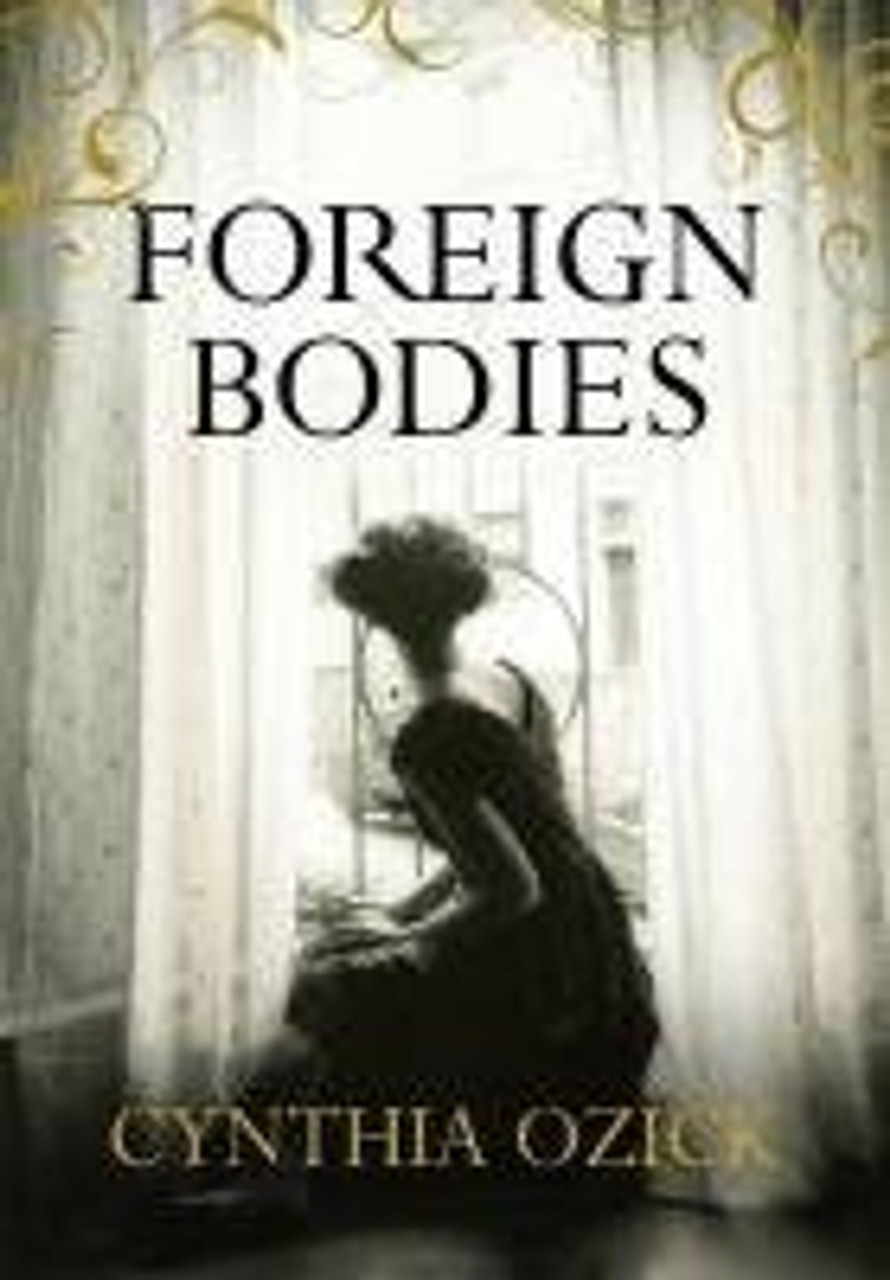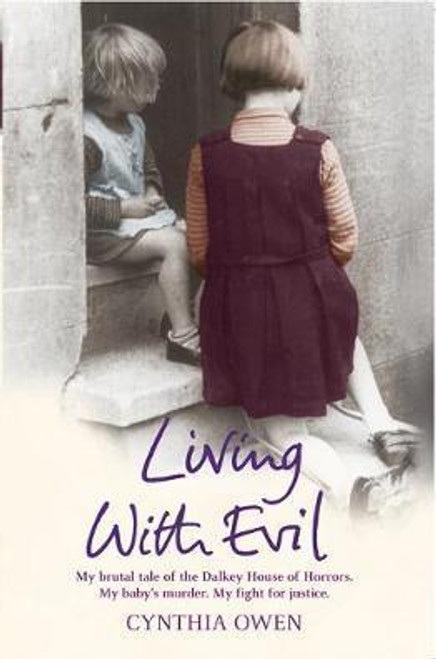Product Description
Ozick’s heady fiction springs from her deep critical involvement in literature, especially her fascination with Henry James, which emboldened her to lift the plot of his masterpiece, The Ambassadors, and recast it in a taut and flaying novel that is utterly her own ….Ozick’s dramatic inquiry into the malignance of betrayal; exile literal and emotional; the many tentacles of anti-Semitism; and the balm and aberrance of artistic obsession is brilliantly nuanced and profoundly disquieting." – Booklist , starred reviewFrom Kirkus*Starred Review* An extraordinary novel, loosely based on The Ambassadors —but Ozick ( Dictation , 2008, etc.) manages to out-James the master himself. Julian Nachtigall, son of a tyrannical and imperious businessman, has gone to Paris but has shown no interest in returning home. While there, he links up with Lili, a Romanian expat about ten years his senior. Marvin, the father, is furious that Julian wants to waste his life playing around in nonserious matters (e.g., writing essays and observations of French life), so he sends his sister Bea (who’s Anglicized her name to Nightingale) to Paris to bring him to his senses as well as bring him home. Bea teaches English to high-school thugs who mock her love of Wordsworth and Keats, and Marvin has always held her in contempt for what in his eyes is her impractical and useless profession. Bea is complicit in tricking Marvin by sending Julian’s sister, Iris, to Paris instead. Iris is the apple of Marvin’s eye, a graduate student in chemistry and a promising scientist—in other words, all that Julian is not. But unbeknownst to Marvin, Iris is also happy to escape the imperatives of her authoritarian and oppressive father, so she goes to Paris more in the belief that she will stay there rather than bring her brother back home to California. Through flashbacks we learn of Bea’s unhappy and brief marriage to Leo Coopersmith, a composer who has pretensions of being the next Mahler, though he winds up something of a Hollywood hack, composing music for cartoons. We also meet Marvin’s long-suffering and brow-beaten wife, Margaret, whose neurasthenia is directly attributable to her husband’s iron-fisted despotism. Ozick brilliantly weaves together the multiple strands of her narrative through letters, flashbacks and Jamesian observations of social behavior. This is superb, dazzling fiction. Ozick richly observes and lovingly crafts each character, and every sentence is a tribute to her masterful command of language."Cynthia Ozick is one of America’s greatest living writers... The "leaving" — of parents, of a spouse, of a child, of a family, of a country, of a continent, of all we thought our lives were for — follows every character through this brilliant story of how we mark others without knowing it, revealing how we are all tattooed by other people’s ambitions." - - Dara Horn, The Forward "It is pure pleasure to encounter Cynthia a morally brilliant comic master whose plots keep the pages turning and whose every sentence sings. Ozick's latest novel is billed as a 'photographic negative' of Henry James' The Ambassadors , with the same plot and the opposite meaning. Readers put off by James' baroque style have nothing to fear; part of Ozick's inversion of James is the crisp bite of her prose, and the story, ultimately, is fully hers." - Ms. Magazine "...her vision of Europe and its tragic history is profound; and Lili is a creation of stunning depth. It is not Jamesian, it is Ozickian." -- Richard Eder , Boston Globe "Ozick has achieved another success. Henry James -- the master -- would not be displeased." -- Miami Herald "This is vintage Ozick; she is, perhaps, our most classical contemporary novelist, with a strong sense of literary heritage." -- LA TimesForeign Bodies, by Cynthia Ozick (Houghton Mifflin Harcourt; $26). Bea Nightingale, a teacher in the Bronx in the nineteen-fifties, is in a rut when her peevish brother entreats her to retrieve his son and daughter from Paris, where they sought refuge from his oppressive ways. Ozick’s taut, sparkling novel is billed as a retelling of Henry James’s "The Ambassadors," and she transforms James’s cultivated Europe into a "scarred and exhausted" landscape teeming with the ghosts of war. Bea is a reluctant at first she strives to do her brother’s bidding, but soon the "romantic agony" of Paris awakens feelings she has long kept subdued. Embroiled in a family drama, careful Bea meddles where once she stood idle, and she confronts a vexing "how hard it is to change one’s life" and "how terrifyingly simple to change the lives of others." -- The New Yorker"What makes this novel such an absorbing achievement is not so much its slanted replications of the story line of 'The Ambassadors'...but the witty, fierce way in which it goes about upending the whole theme and meaning and stylistic manner of its revered precurser....'Foreign Bodies' is a nimble, entertaining literary homage, but it is also, chillingly, what James would have called 'the real thing.'" - The New York Times Book ReviewFour out of four "Who would dare to rewrite Henry James? Ozick proves up to the task, recasting The Ambassadors with Jewish Americans in post-war Paris—a city of displaced, battered souls. Asked by her brother to retrieve his errant son Julian from France, divorcée Beatrice acquiesces and becomes entangled in a web of deceptions. She’s like King Midas in All she touches turns to ash. A profound sadness lies just beneath the polished prose of this affecting tale. " – S. C. - People Magazine
All of our books are second hand, and while you may not get the exact copy shown in the picture, all of our books are in very good condition. Removing stickers from a book may damage it, so we refrain from doing so. If you see a price sticker on a book, please ignore it.
 Euro
Euro
 British Pound
British Pound







